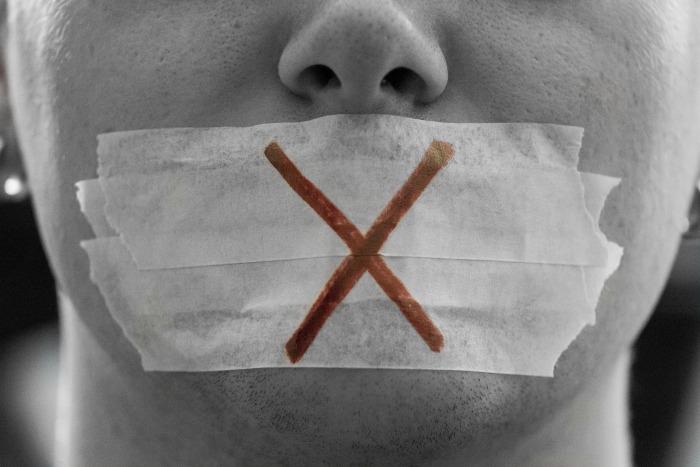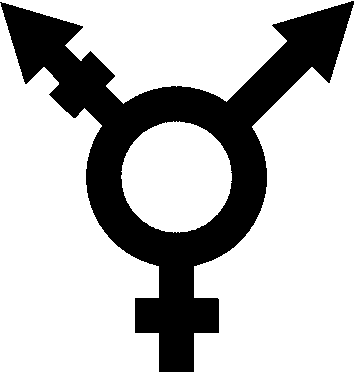
Numerous groups and commentators have voiced criticism of the Government’s plan to end the Good Friday ban on sales of alcohol in 2018, including Senator David Norris.
Kathy Sheridan opined in the Irish Times that many who support the retention of the ban do so, not for religious reasons, but for a desire “to hold on to a tradition they suspected might be a force for good”. Furthermore, she added “Some had been disturbed by the preceding debate with its undertones of a country that seemed incapable of functioning without alcohol for a day. More than that, it seemed like just another heart-sinking example of commerce and vested interests being allowed to drive change, with little regard for the symbolism of such decisions.” In the Irish Independent, Shane Coleman also questioned the commercial interests pushing for the change: “The publicans, who form one of the most powerful lobby groups in the country, say it’s costing them €30m to €40m a year – they must be making some money the rest of the year. Even if that figure is true, must commerce and consumerism prevail on each one of the 365 days a year?”. Meanwhile, on Morning Ireland, Fine Gael Senator Joe O’Reilly has argued against ending the Good Friday alcohol ban, while Senator David Norris has done likewise on Newstalk’s Pat Kenny show, so this change in policy of the Government might not yet be a “fait accompli”.

A Swedish Appeals Court has ruled against a midwife who was fired for refusing to assist in abortions. It is now likely that she will appeal her case to the European Court of Human Rights. Ellinor Grimmack took the anti-discrimination case when she had an offer of employment rescinded by one hospital, and was refused employment by other hospitals. This is despite there being a shortage of midwives in Sweden. In a statement to the newspaper Aftonbladet, Grimmack said: “As a midwife, I want to exercise a profession which defends life and saves lives at all cost. Are healthcare practitioners in Sweden to be forced to take part in procedures that extinguish life, at its beginning or final stages? Somebody has to take the little children’s side, somebody has to fight for their right to life.” But a Swedish court ruled yesterday that Grimmark has no choice but to participate in abortions if she wants to keep her job.
“Participation in abortions should not be a requirement for employment as a medical professional. In accordance with international law, the court should have protected Ellinor’s fundamental right to freedom of conscience,” said ADF International Director of European Advocacy Robert Clarke in a statement after the ruling. “For that reason, Ellinor is considering an appeal to the European Court of Human Rights.”

The TV network HBO has been hit with a wave of criticism for a documentary that critics claim is callous in its depiction of abortion. Students for Life spokesperson Reagan Barklage said some of the scenes were very graphic, noting that one segment included audio from a procedure room at an abortion clinic where viewers could hear the killing of an unborn baby during a first-trimester abortion. “The sound of that child’s death, was gut-wrenching,” Barklage said. “It was inconsiderate and cruel to not only include the sound of the suction machine but also show the blood remaining on the machine afterwards.” She argued that the scene was insensitive to the “innocent preborn child,” and “to the many post-abortive women who continue to be haunted by that horrible sound of the suction”.
“Some women can no longer go to the dentist because the sound of the cleaning machine reminds them of the suction machine from their abortion,” Barklage said. “Other women can’t even turn on their vacuum because it reminds them of their abortion years ago.”

A 64 year old woman in Spain gave birth to twin babies in February after having received fertility treatment in the USA. She was given the treatment despite having had a six year old child taken off her by social services in Spain, and despite having been diagnosed with a personality disorder prior to having that child. Now social services have intervened again and taken her twins from her, barely two months after their birth, after detecting ‘signs they could be at risk.’ A spokesman for social services in Burgos said: ‘Since she left hospital, a multidisciplinary team has been monitoring the situation. All the reports conclude that the twins need protection in another environment.’
This case is the latest in a litany of shocking instances of post-menopausal women being given fertility treatment to have children. Carmen Bousada, Spain’s oldest mother ever at 67, died of cancer aged 69 in July 2009 three years after giving birth to IVF twins Cristian and Pau.In October last year Spanish doctor Lina Alvarez gave birth at aged 62 to a healthy girl, 10 years after her menopause at the age of 52 thanks to IVF treatment. The world’s oldest documented mother is Daljinder Kaur from India, who gave birth in 2015 at the age of 70 after two years of IVF treatment. Britain’s oldest mother is Elizabeth Adeney, from Suffolk, who had a son aged 66 in 2009 after travelling to Ukraine for treatment.

A visiting lecturer at the world renowned Catholic University of Louvain in Belgium has been dismissed for presenting arguments in a philosophy class that abortion is a form of murder. In an article he wrote and distributed to students, Mercier presented both philosophical and anecdotal arguments in favour of his firmly pro-life position and denounced a widely used term in French for abortion — IVG (“voluntary interruption of pregnancy”). “IVG is a euphemism that masks a lie. The truth is that abortion is the murder of an innocent person,” he wrote. Feminist groups complained that Mercier was presenting his “personal opinion in class. The University suspended Mercier’s two courses while his case was reviewed and later dismissed him without giving any reason.

A Swedish midwife is battling the denial of her career and livelihood over her refusal to participate in abortions. Eliinor Grimmark was training as a midwife in Sweden when she asked a hospital where she planned to work to accommodate her desire to not participate in abortions. Their response was to cancel her employment. Worse, the Government-stipend she was receiving to subsidise her studies was cut off. Other employment opportunities dried up and she was even offered counseling “to help her come to terms with abortion”. All this occurred despite there being an acute shortage of midwives in Sweden.
Eventually, Ms Grimmark moved to Norway to practice her profession there, where hospitals are happy to accommodate those with objections to abortion.
At the same time, she pursued a case against the Swedish authorities claiming religious discrimination and violation of her freedom of conscience. She lost that case in November 2015. This week, her appeal will be ruled upon by an appellate Court. Should she lose there, she intends to take her case to the European Court of Human Rights where the weight of precedent and law favours her argument.


The Government has offered its support for a referendum to reduce from four years to two the period a couple must be living apart before they may apply for divorce.
The referendum has been proposed by FG TD, Josepha Madigan, in a bill she brought before the Dáil yesterday. It also received support from Fianna Fáil, Sinn Féin, and others.
Minister of State, David Stanton, said the Government would be supporting the bill and would also like to see restrictions on divorce taken out of the constitution completely so that the regulation of divorce might be entirely a matter for legislation.

The National Health Service, Scotland, has published a transsexual guidance document encouraging schools to move away from the distinctions of ‘male’ and ‘female’. The 30-page policy document endorses ‘gender fluidity’, described as a “flexible range of gender expression which may change over time and sometimes as frequently as on a daily basis”. It also says that children can choose their gender, and that teachers should help a child to withhold their ‘gender choices’ from parents if necessary. The document says schools have an “opportunity to challenge typical gender stereotypes” of male and female.
Josie Appleton, head of civil liberties organisation the Manifesto Club, warned that the policy will sow division between parents and schools. She told the Mail on Sunday: “The idea that authorities have a policy document which essentially says schools have the licence over children’s identities, and keep that private from parents, is outrageous. “It’s going to completely estrange institutions from parents.”

Students who don’t use “gender-sensitive language” will be penalised marks on a course at the University of Hull. The policy was uncovered by The Sunday Times in a document which states: “Language is important and highly symbolic. In your essay, I thus expect you to be aware of the powerful and symbolic nature of language and use gender-sensitive formulations. Failure to use gender-sensitive language will impact your mark.”
A senior lecturer at the university said: “Should any student use language which is not deemed gender-neutral, they will be offered feedback as to why. Deduction of marks is taken on a case-by-case basis.” Responding, Frank Furedi, an emeritus professor of sociology, said: “This linguistic policing is used as a coercive tool to impose a conformist outlook.”
In December 2016 it was uncovered that students at the University of Oxford could be expelled if they fail to use ‘gender neutral’ pronouns. Under the university’s behaviour guidelines, students and staff are required to use the gender neutral pronouns ‘zie’ or ‘ey’ instead of ‘he’ or ‘she’ when referring to transsexual people. The guidelines state that “deliberately using the wrong name or pronoun in relation to a transgender person” may amount to harassment.